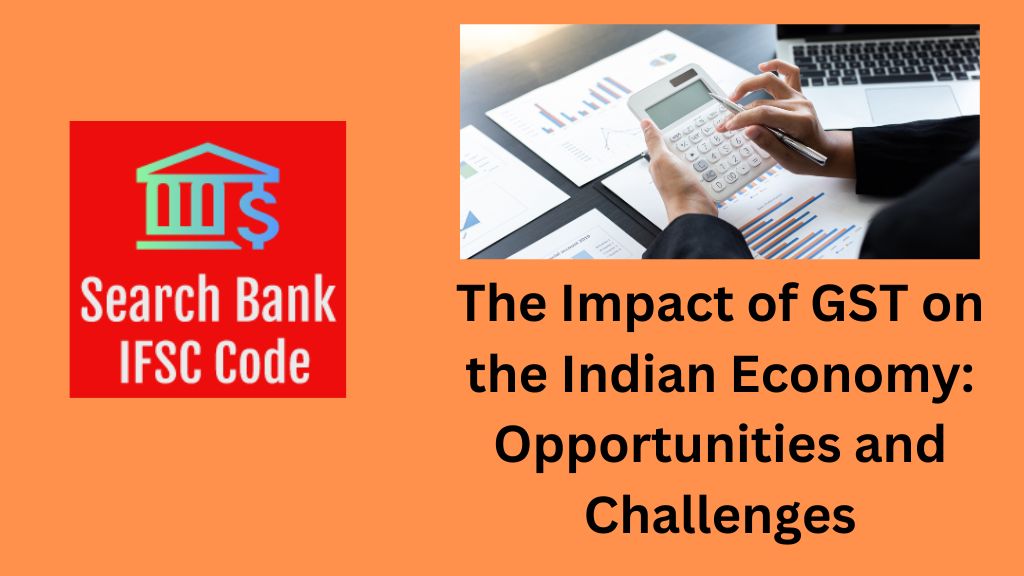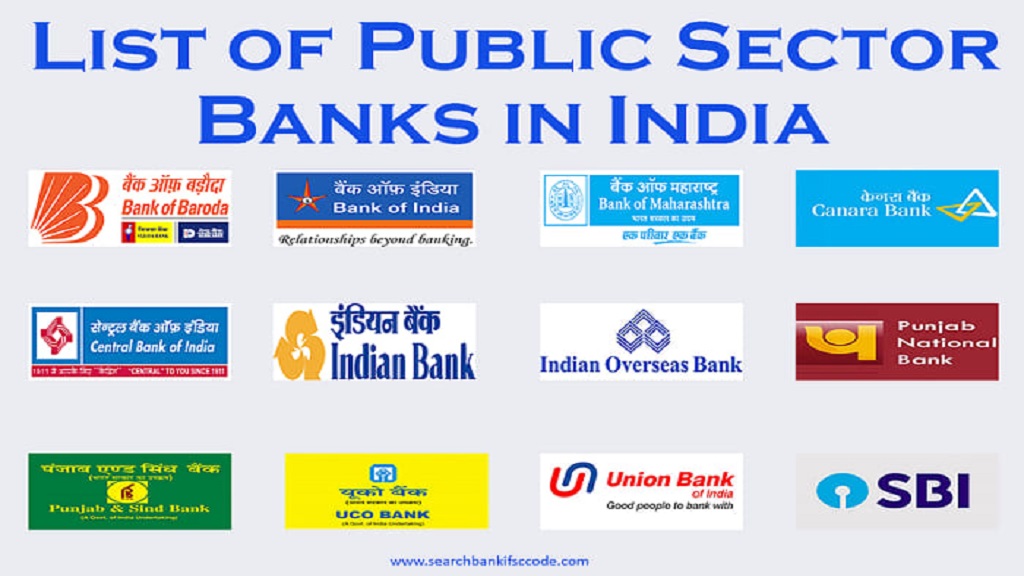The Rise of Fintech in India: Transforming the Financial Landscape
Created at: 2023-06-26
Introduction
In recent years, the financial technology (fintech) industry has experienced significant growth and transformation worldwide, and India is no exception. Fintech has emerged as a disruptive force, revolutionizing the way financial services are delivered and accessed. This blog explores the rise of fintech in India, its impact on the financial landscape, and how it is reshaping traditional banking and finance. We will delve into the key drivers behind its success, the challenges faced, and the opportunities it presents for businesses and consumers alike.

Section 1: Understanding Fintech
1.1 What is Fintech?
Fintech, short for financial technology, refers to the innovative use of technology to deliver financial services in a more efficient, convenient, and customer-centric manner. It encompasses a wide range of services that leverage cutting-edge technology, such as digital payments, mobile banking, peer-to-peer lending, robo-advisory, insurtech, and blockchain-based solutions. Fintech is revolutionizing the traditional financial industry by harnessing technology to transform the way financial services are accessed and delivered.
1.2 The Fintech Landscape in India
India has emerged as one of the fastest-growing fintech markets globally, fueled by several factors that have created a conducive environment for innovation and growth. Increased smartphone penetration, rising digital literacy, supportive government initiatives like Digital India and Aadhaar, and a large unbanked population have contributed to the rapid expansion of the fintech ecosystem in India. The landscape encompasses a diverse range of stakeholders, including fintech startups, traditional financial institutions adopting fintech solutions, regulatory bodies, investors, and tech-savvy consumers who are embracing the benefits of fintech services. With a robust infrastructure and a growing ecosystem, India is poised to be at the forefront of fintech innovation, driving financial inclusion and transforming the way people access and manage their finances.
Section 2: Key Fintech Segments in India
2.1 Digital Payments and Mobile Wallets
Digital payment platforms and mobile wallets have gained immense popularity in India, driven by initiatives such as the government's Digital India campaign and the introduction of the Unified Payments Interface (UPI). Industry leaders like Paytm, PhonePe, and Google Pay have revolutionized the way Indians transact, making digital payments more accessible, convenient, and secure.
2.2 Peer-to-Peer Lending and Alternative Finance
Peer-to-peer (P2P) lending platforms have emerged as alternative sources of financing for individuals and small businesses. These platforms connect borrowers directly with lenders, leveraging technology to streamline the lending process and provide access to credit for underserved segments of society. P2P lending offers borrowers competitive interest rates and investors the opportunity to earn attractive returns on their investments.
2.3 Robo-Advisory and Wealth Management
Robo-advisory platforms have disrupted the traditional wealth management industry by leveraging algorithms and artificial intelligence to provide automated investment advice and portfolio management. These platforms offer low-cost investment solutions, making wealth management services more accessible and affordable to a broader range of investors. With personalized recommendations and automated rebalancing, robo-advisors simplify the investment process for individuals looking to grow their wealth.
2.4 Insurtech: Digital Transformation of Insurance
Insurtech startups are driving the digital transformation of the insurance sector in India. By harnessing technology, these companies are simplifying insurance processes, enhancing customer experience, and introducing innovative insurance products. Comparison platforms, on-demand insurance, and usage-based coverage are some of the ground breaking concepts reshaping the insurance landscape in India, making insurance more customer-centric and tailored to individual needs.
2.5 Blockchain and Cryptocurrencies
Blockchain technology, the underlying technology behind cryptocurrencies like Bitcoin, holds significant potential to transform various aspects of the financial industry. In India, startups and enterprises are exploring blockchain applications to enhance transparency, security, and efficiency in financial transactions. Blockchain can revolutionize areas such as payments, smart contracts, identity verification, and supply chain management, paving the way for a more decentralized and efficient financial ecosystem.
Section 3: Opportunities and Challenges
3.1 Opportunities Presented by Fintech
Fintech opens up numerous opportunities for businesses and consumers, driving positive changes in the financial landscape. It plays a pivotal role in promoting financial inclusion by extending access to financial services to the unbanked and underbanked population. Additionally, fintech enables faster, more secure, and cost-effective transactions, revolutionizing the way we conduct financial transactions. Moreover, fintech fosters innovation in financial products and services, paving the way for new revenue streams for businesses and enhancing the overall customer experience.
3.2 Challenges to Overcome
While the potential of fintech is vast, it faces a set of challenges that require careful attention and resolution. One significant challenge is navigating regulatory concerns, as the fintech industry operates within a complex regulatory landscape. Additionally, cybersecurity risks pose a threat to the integrity and security of financial transactions and customer data. Building customer trust and overcoming adoption barriers are essential for the widespread acceptance of fintech solutions. Acquiring the right talent with the necessary skills and expertise in fintech is another challenge that needs to be addressed. Lastly, fostering collaboration between fintech startups and traditional financial institutions is crucial to leverage each other's strengths and create a more robust and inclusive financial ecosystem. By effectively addressing these challenges, the full potential of fintech in India can be realized, leading to sustained growth and advancement in the financial industry.
Conclusion
The rise of fintech in India has brought about a revolution in the financial landscape. With its disruptive potential, fintech is transforming the way financial services are delivered and consumed. As technology continues to advance and consumer expectations evolve, the fintech industry in India is poised for further growth and innovation. Embracing this digital revolution presents vast opportunities for businesses, individuals, and the economy as a whole. By fostering an enabling ecosystem, addressing challenges, and embracing innovation, India can position itself as a global fintech leader.





